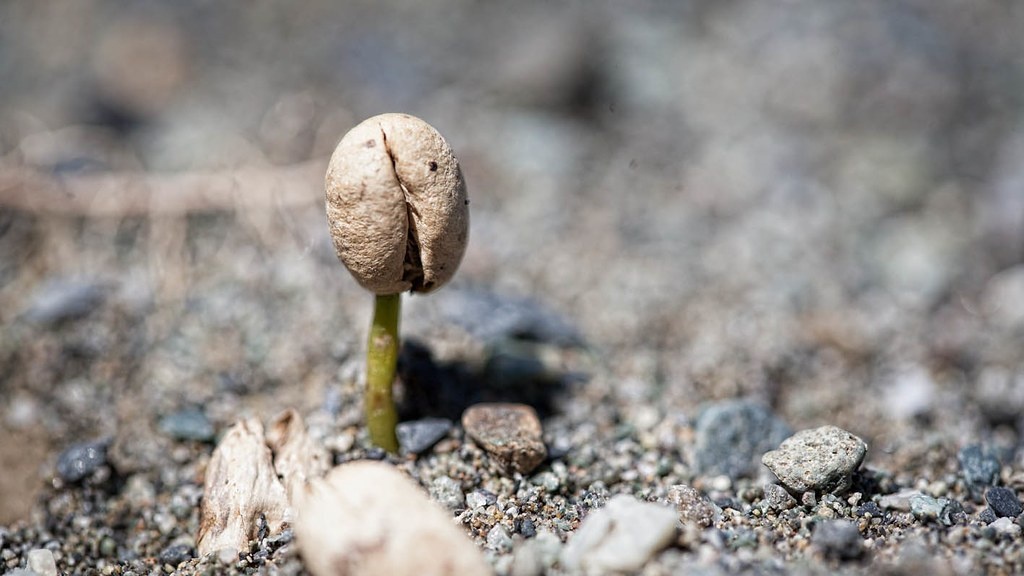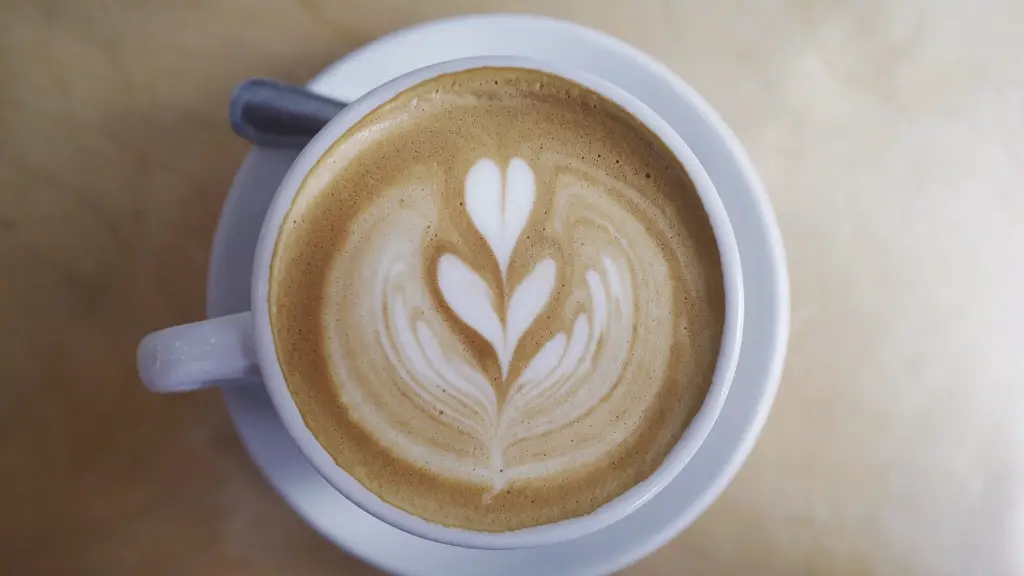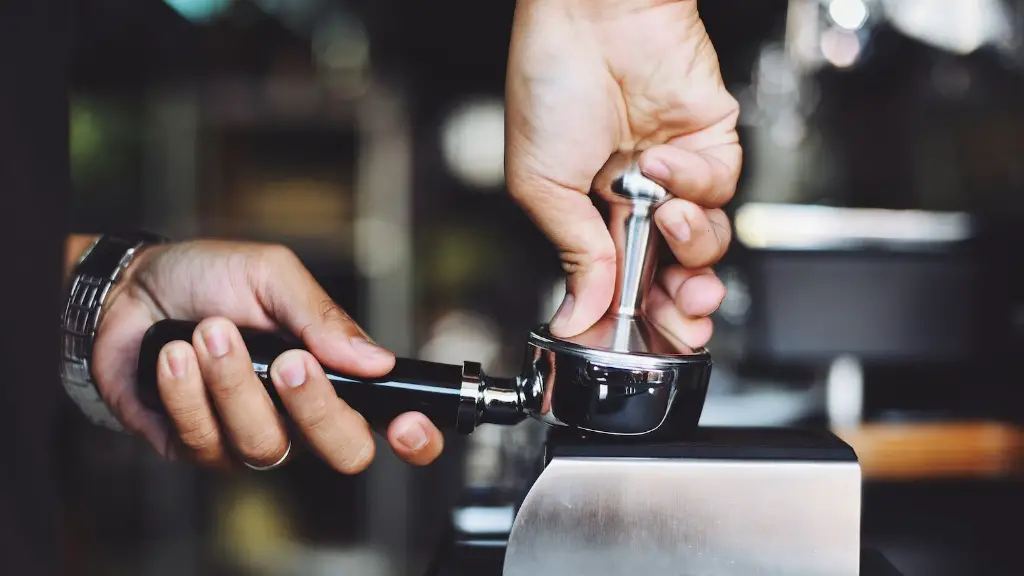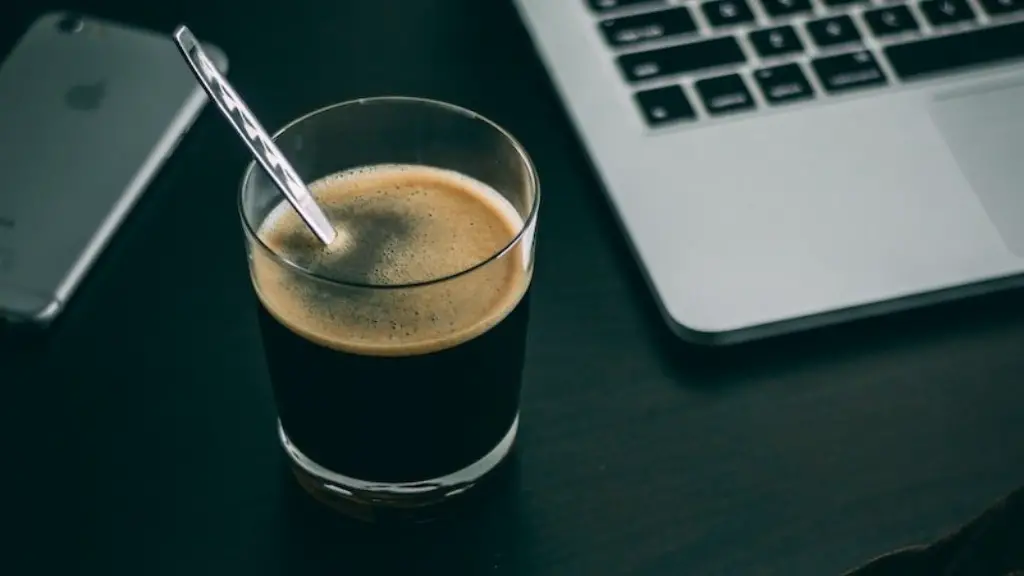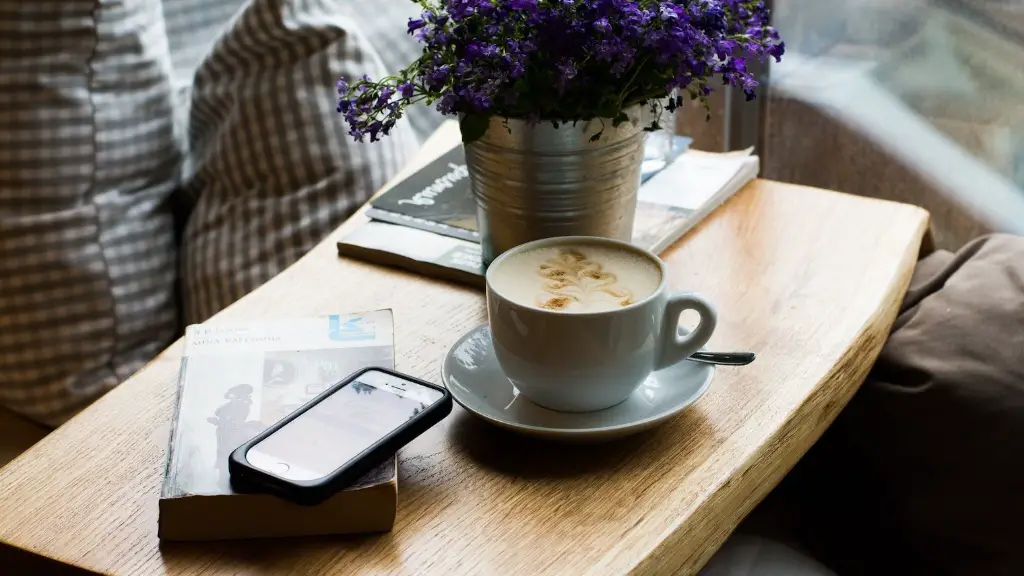General Overview
Coffee is one of the world’s favorite beverages, a daily staple embraced by people in countries across the globe. It’s hard to go anywhere without encountering a coffeemaker – in homes, in offices, in stores. But how safe is it to drink coffee that’s been left out all day?
The answer isn’t straightforward, as there’s no clear-cut rule concerning how long coffee can safely stay at room temperature. However, there are some safety concerns to consider before deciding whether or not to drink coffee that’s been sitting out for hours.
Fungal Contamination
One of the main risks associated with drinking coffee that’s been sitting out for a long time is the potential for fungal contamination. Fungi, such as yeast and mold, can grow in coffee after it’s been left out for several hours, especially if the environment is humid. This can lead to health issues such as respiratory and digestive complaints.
In addition, fungi can produce mycotoxins, which are toxins produced by certain types of fungi that can cause adverse health effects when ingested. For this reason, it’s important to avoid drinking coffee that’s been sitting at room temperature for an extended period of time, as these toxins can be hazardous to your health.
Bacterial Contamination
The other risk associated with consuming coffee that has been left sitting out all day is the potential for bacterial contamination. If the coffee is stored in a warm, humid environment, the optimal environment for bacterial growth, the risk of contamination is even greater.
Bacteria such as E. coli and salmonella, which can cause serious illness, can survive and multiply in coffee that’s been sitting at room temperature for more than several hours. This is why it’s imperative to discard any coffee that has been left out for too long, as the risk of bacterial contamination is too great to ignore.
The Source of Coffee Matter
When deciding whether or not to drink coffee that’s been sitting out all day, another factor to consider is the source of the coffee. If you purchase coffee from a grocery store or café, it may be safest to drink it within the first few hours after it was brewed, as bacteria can start to grow rapidly in coffee left out for too long.
However, when it comes to home-brewed coffee, leaving it out for a few hours before drinking isn’t as much of a concern. This is because most home-brewed coffees don’t contain preservatives, which can make them more susceptible to bacterial growth.
Conclusion
In summary, drinking coffee that’s been sitting out all day is not recommended due to the risks associated with fungal and bacterial contamination. The source of the coffee is also a factor to consider, as some coffee types may be more resistant to bacterial growth than others. It’s best to err on the side of caution and discard coffee after standing at room temperature for an extended period of time.
Health Effects
Consuming coffee that’s been sitting out all day can lead to a variety of health issues. Due to the presence of fungi and bacteria, drinking coffee in this condition can cause digestive issues, respiratory disorders and even food poisoning.
Moreover, the presence of mycotoxins that can be produced by fungi can also lead to adverse health effects. These toxins have been linked to an increased risk of certain types of cancer, as well as liver and kidney damage.
Coffee Alternatives
If you’re worried about the risks associated with drinking coffee that’s been sitting out for extended periods of time, there are other options to consider. Cold-brew coffee, for instance, can be a great alternative, as its cold preparation renders it more resistant to bacterial growth. Alternatively, you can opt for herbal tea, which is naturally bacteria-resistant.
Another beverage option is kombucha tea. It is a fermented beverage that is loaded with probiotics and can be a great alternative to coffee. Besides being full of beneficial bacteria, kombucha tea has a unique flavor and can be a refreshing change from your regular cup of coffee.
Storage Options
When it comes to storing coffee to ensure its longevity, making sure it’s properly stored is a must. Coffee should be kept in an airtight container and stored in a cool and dry place to ensure optimal freshness. Additionally, it’s best to avoid storing it in the fridge or freezer, as this can cause condensation that could lead to mold growth.
It is also important to avoid storing coffee in direct sunlight. The light and warmth can cause the coffee’s flavor to deteriorate, as well as leading to an increased risk of bacterial contamination.
Reusing Coffee
Another issue to consider when it comes to drinking coffee left out all day is the question of whether or not you should reuse the coffee. Reusing old coffee is certainly not recommended, as the quality and flavor of the coffee can be significantly diminished. In addition, reused coffee leaves you open to the risk of bacteria and fungi contamination, as the bacteria and fungi that have been spreading throughout the coffee can stay behind.
There is also the potential for toxins produced by fungi to be present in coffee that’s been sitting out for an extended period of time. Therefore, it is best to discard old coffee rather than risking the potential for contaminated coffee.
Brewing Temperature
Another factor to consider when it comes to coffee freshness is the brewing temperature of the coffee. The optimal temperature for brewing coffee is between 195 to 205 degrees Fahrenheit, as this ensures that the coffee will properly extract all of its flavor compounds. Brewing coffee at lower or higher temperatures can cause the coffee to become overly bitter or weak, both of which can diminish the overall flavor of the coffee.
It is also important to remember that the flavor of coffee can start to deteriorate after just a few hours. Therefore, it’s best to drink freshly-brewed coffee as soon as possible for optimal flavor quality.
Grinding and Brewing Coffee
Grinding your own beans is an essential part of the brewing process. This is because freshly-ground beans have much more flavor and aroma than pre-ground beans, which tend to lose their flavor quickly. Thus, grinding your own beans is the best way to ensure a quality cup of coffee.
In addition, it is important to choose the right brewing method. Different brewing methods will extract different flavors, so it is important to choose one that will yield the flavor you desire. To find the best method for your cup of coffee, it helps to experiment with different brewing techniques and find the one that works best for you.
Buying Coffee Beans
When shopping for coffee beans, it is important to make sure that the beans you purchase are from a reputable seller. Freshness is key, as beans that have been stored for an extended period of time will not have as much flavor. It is also essential to buy whole-bean coffee, as pre-ground coffee can begin to lose flavor much quicker than whole-bean coffee.
It is also important to consider the kind of coffee beans you buy. Different types of coffee beans have different flavors, so it’s important to experiment to find the coffee beans that suit your tastes. If you are looking for a good cup of coffee, it is recommended that you purchase freshly-roasted and freshly-ground beans.
